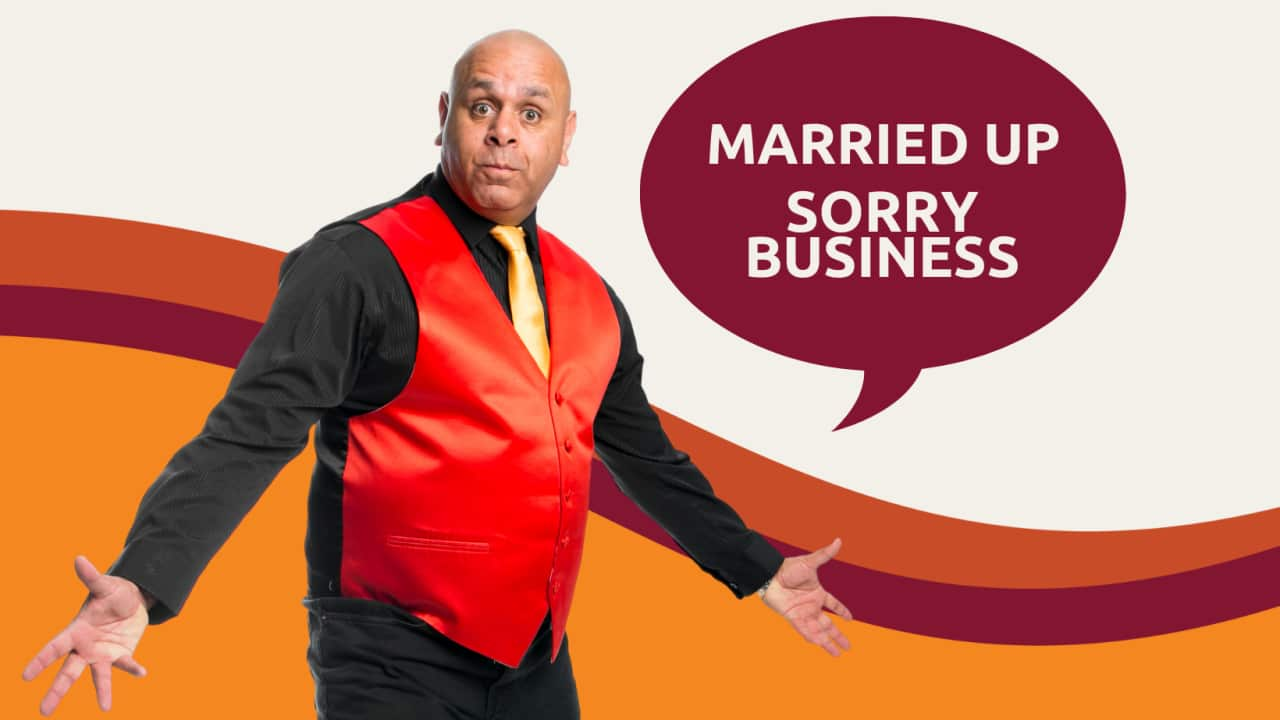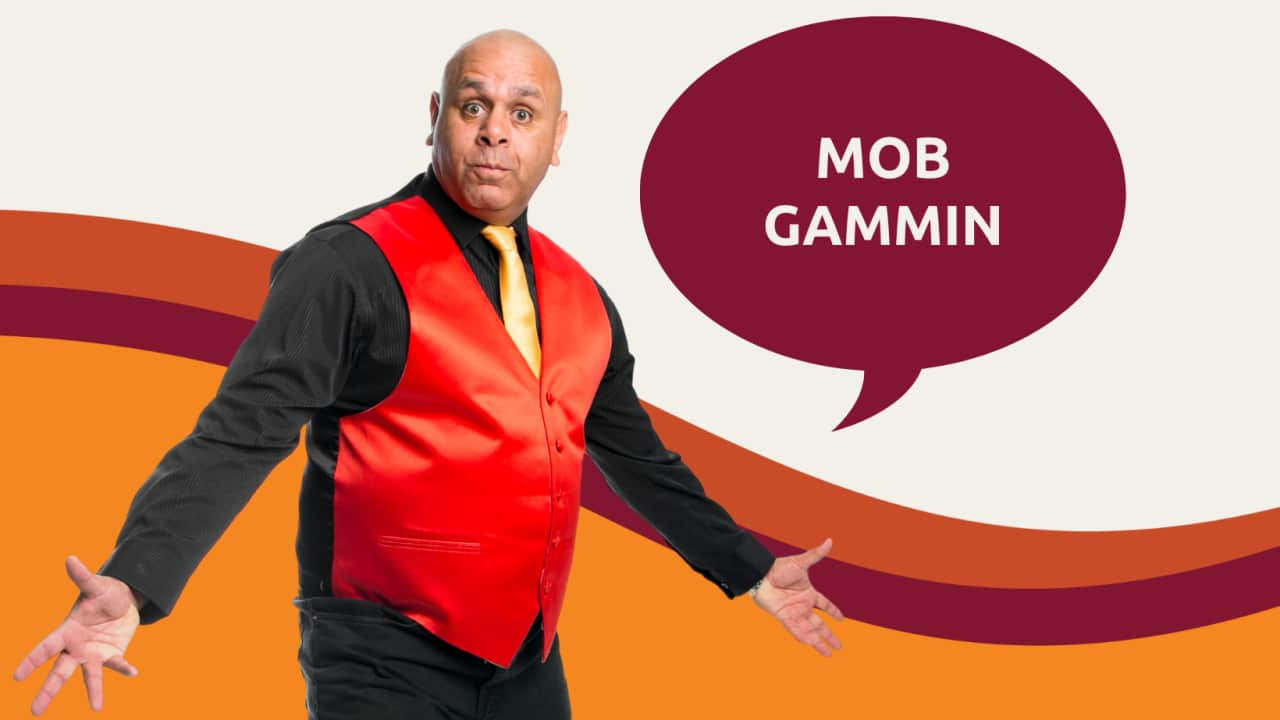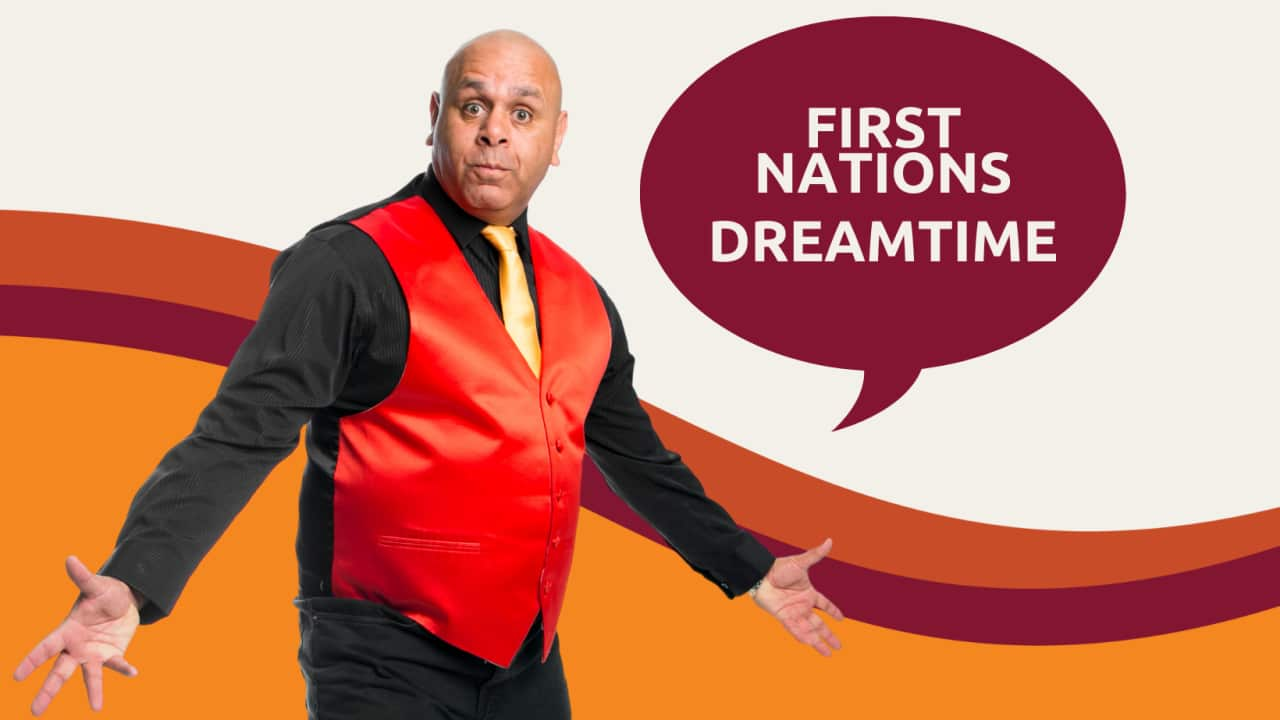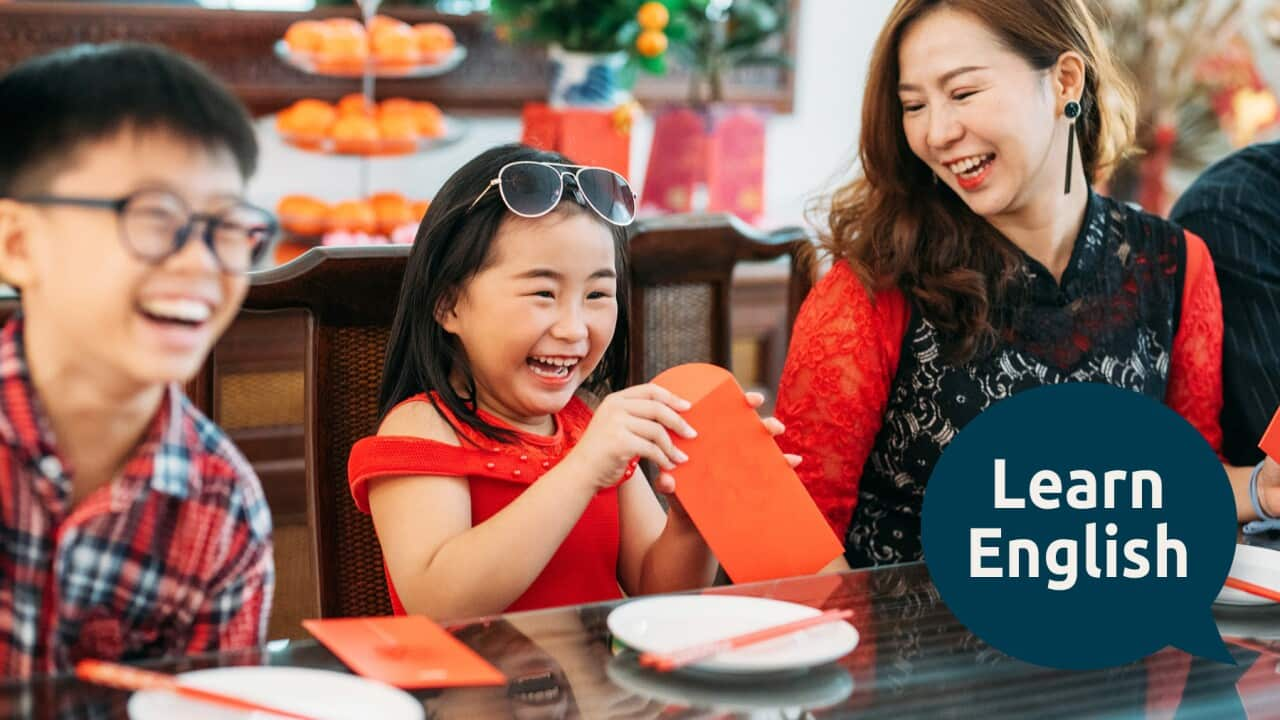Transcript
(Note: This is not a word-for-word transcript)
Kevin
Welcome to the SBS Learn English podcast, where we help Australians to speak, understand and connect.
Josipa
In this mini pod series we are learning Aboriginal English, which is a dialect of English used by a large section of the Indigenous Australian population.
Kevin
Her name is Josipa.
Josipa
And his name is Kevin.
Kevin
Josipa is a recent migrant who doesn’t know a lot about Aboriginal culture but is very keen to learn.
Josipa
And who better to teach me than a proud Ngarrindjeri man from Ngarrindjeri country in South Australia.
Kevin
That’s right! I’m happy to. So, let’s start with a few basic things.
Do you know there are around 250 Aboriginal and Torres Strait Islander nations in Australia?
Josipa
I only know about two you’ve talked about, and I’m already confused.
Kevin
What’s confusing you?
Josipa
Well, the other day you said that you are a Ngarrindjeri man from South Australia, but then this morning you mentioned that you are also a Nunga man from South Australia. Is that the same thing or do you belong to different Aboriginal nations?
Kevin
Ok, so Nunga is the generic term for all Aboriginal and Torres Strait Islander people from South Australia. And under the Nunga banner, we have a lot of Aboriginal nations like Ngarrindjeri, Adnyamathanha, Pitjantjatjara, Narungga, and we all come under the Nunga banner.
Josipa
I see. And what’s the name for people from Victoria.
Kevin
Koori that’s the generic term for Aboriginal people from Victoria and New South Wales.
Josipa
And for Queensland?
Kevin
If you are an Aboriginal from Queensland, you are an Murri. Murri.
You know, all these mobs have their own internal tribes or nations.There are a lot more breakdowns of groups of Aboriginal nations across Australia, too many to mention. But this gives you a rough idea.
For example, if I say to another Aboriginal from another state and he asks me, "Where I'm from?" And I say that I’m a Nunga, he automatically knows that I’m from South Australia.
Josipa
And what words are you teaching us in today’s episode?
Kevin
Well, no matter which Aboriginal country you visit, both sorry business and holidays are equally well known throughout Aboriginal Australia.
Yes, there is a sad meaning attached to these words for Aboriginal and Torres Strait Islander people.. Really sad. Let me explain. First, let's talk about, holidays .
Josipa
How can holidays be sad?
Kevin
Plain and short, Holidays for the mob means time in prison.
And let’s quickly mention a sad but true fact which is that Aboriginal and Torres Strait islander people are the most incarcerated people in the world as per capita.
Incarcerated means in prison. Yes, that’s right, per capita my mob are the most incarcerated people in the world. So, one of the jokes that I use constantly when I do mob gigs is in a nut shell: I hadn't seen my cousin in a couple of months, and I said to my mum, "Where is cousin Barry?". She said to me, "Barry's having a holiday," which is basically prison.
I knew that, but when you ask white fellows, "Where's Barry? Barry's having a holiday", they must be thinking, "Barry's having amazing time". No, he's in prison. B division.
At least with our holidays, we get free meal and accommodation and sometimes they'll chuck in a gym membership too. And sometimes when our boys get out of the jail they are big units, they are very big muscly men.
For example, you might get two white girls watching a buffed, muscly white man walking pass, and they'll say, "Hmm, he must work out." Well, all the Aboriginal girls will say, " Hmm, he must have just got out."
Josipa
The other term you mentioned, sorry business is that when you do something you are sorry about?
Kevin
No, my mob has a different meaning for sorry business.
Kevin
Sorry business is a term that is used by Aboriginal and Torres Strait Islander people when there has been a death in the community. For funerals.
Sorry business is also the length of time it takes to allow the family and community to honour, grieve and then bury the person who has passed away.
The length of sorry business varies from community to community. It can be anywhere from a week to months. Every community is different.
Josipa
So, holidays are time in prison and sorry business equals funerals. Pretty grim episode, Kevin.
Kevin
You are right. Let’s end on a more cheerful note. My last expression for today is ‘married up’.
Married up has nothing to do with having a husband or wife or an actual wedding. It's basically saying you are in a relationship.
Josipa
So are you married up, Kevin?
Kevin
I’m not going to answer, instead I’m going to play you a song.
[music by Chris Phillips - My People My People]








